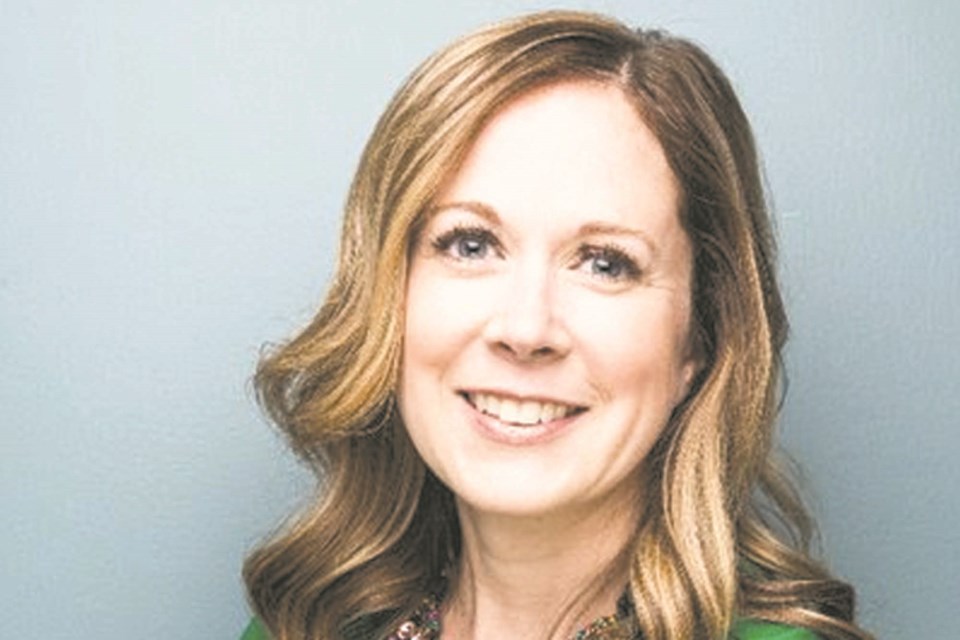Imagine you work in an office on the second floor of an office building. Each month, your company takes a little bit of money off your paycheque for a coffee fund to purchase a brand-new fancy coffee machine that brews excellent coffee for which you pay $2 per cup.
One day, there’s a long line up for coffee, and you realize employees from the company on the third floor are coming over to use your coffee machine. They are all paying the $2 per coffee, and your company is happy about it since it helps pay for the cost of supplies and maintenance. But the coffee lineups get longer, the machine is always out of that dark roast you like, and resentment builds for yourself and the employees whose funds paid for the machine in the first place. You put in a request that the company purchase another machine, but this time have the company on the third floor share in the upfront costs. That seems reasonable.
Let’s apply that example to local recreation services. As a mid-sized urban city, St. Albert provides many recreation options to its residents, including facilities like Servus Place and Fountain Park, with much of the cost borne by St. Albert taxpayers. Lots of us use these facilities regularly, paying user fees, which cover the costs of operating and maintaining them. But like the coffee machine example, not just St. Albertans enjoy the use of these facilities and their programs. Back in 2015, the City of St. Albert estimated 41 per cent of the program registrants at Fountain Park pool were not residents of St. Albert. Whether a resident or a non-resident, everyone pays the same daily admission fee.
Having people from outside our community use our services is expected, and in some cases, it’s essential to achieve enough revenue for the programs or services to continue. But to consistently be expected to provide services to a large population of people who don’t have similar services in their municipality without any financial considerations is not okay, and this is precisely what Sturgeon County council has been doing for years.
This topic has been discussed and debated by different councils, and the answer to increased funding or meaningful contributions to build or expand new facilities is usually “No”. In 2017, the regulations for the new Municipal Government Act were changed to mandate municipalities to develop agreements to work together to fund services that serve the residents of both partnering municipalities. These intermunicipal collaborative frameworks (ICFs) forced municipalities to plan for recreation services together and to create funding arrangements that ensure everyone is paying for services their residents use. However, Bill 25, passed by the UCP-led government in December, changed these agreements from being mandated to optional for municipalities like St. Albert, Morinville and Sturgeon County who are also members of a growth management board.
Word on the “political street” is that Sturgeon County is walking away from ICF discussions with both St. Albert and Morinville related to recreation costs and funding. If that is the case and their plan is to continue with the previous inequitable and disproportionate funding agreements they usually offer, then it’s my opinion that immediate action will be required. St. Albert and Morinville should implement non-resident usage fees for all municipally owned facilities, entering into ICF agreements with each other and the City of Edmonton, allowing access for those community’s residents at a reduced rate. It’s time for Sturgeon County to get serious about regional cooperation and to finally end the era of “promise made, promise broken” when it comes to paying their fair share of recreation.
Lisa Holmes is a former Morinville mayor and councillor who lives in St. Albert.




